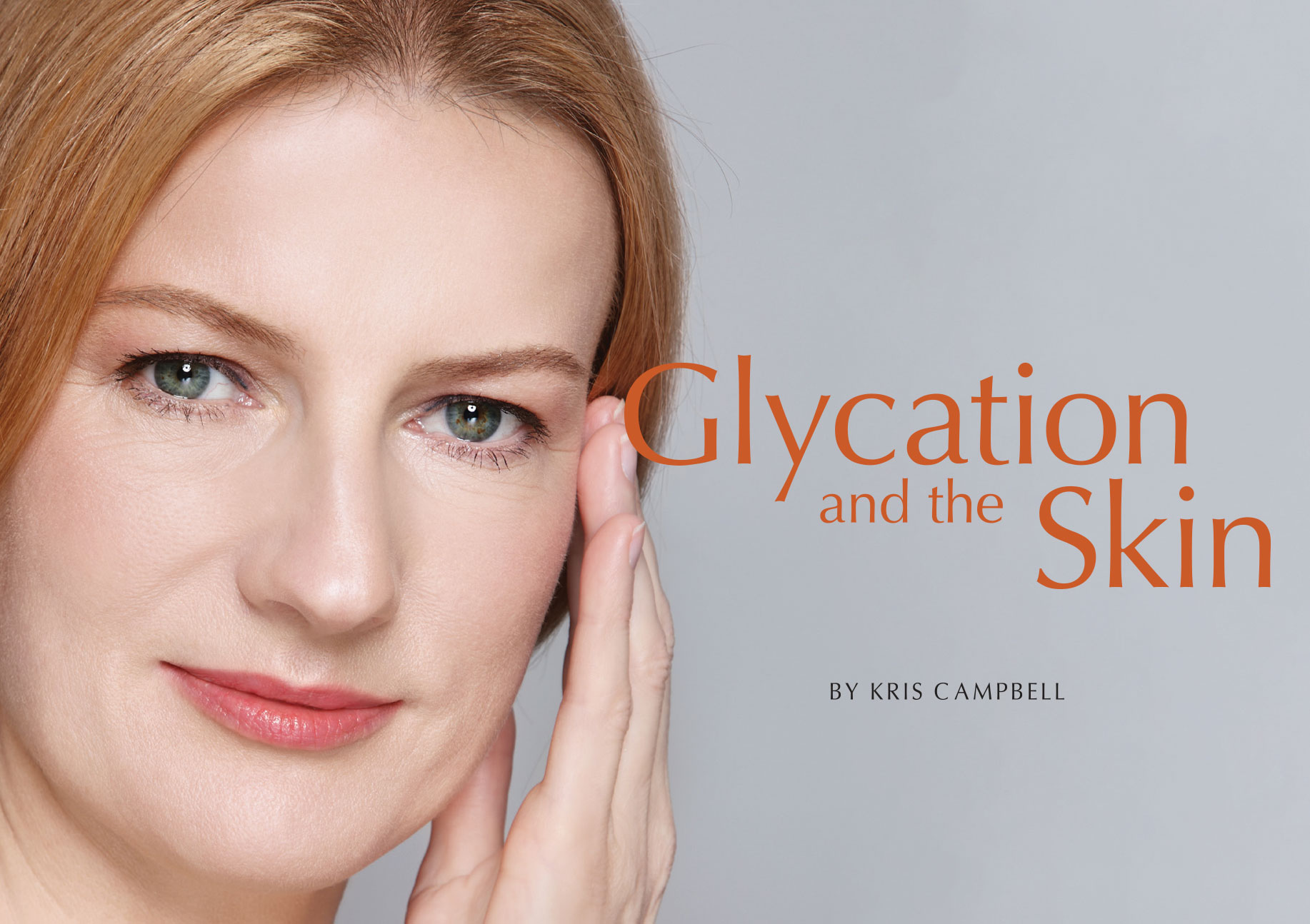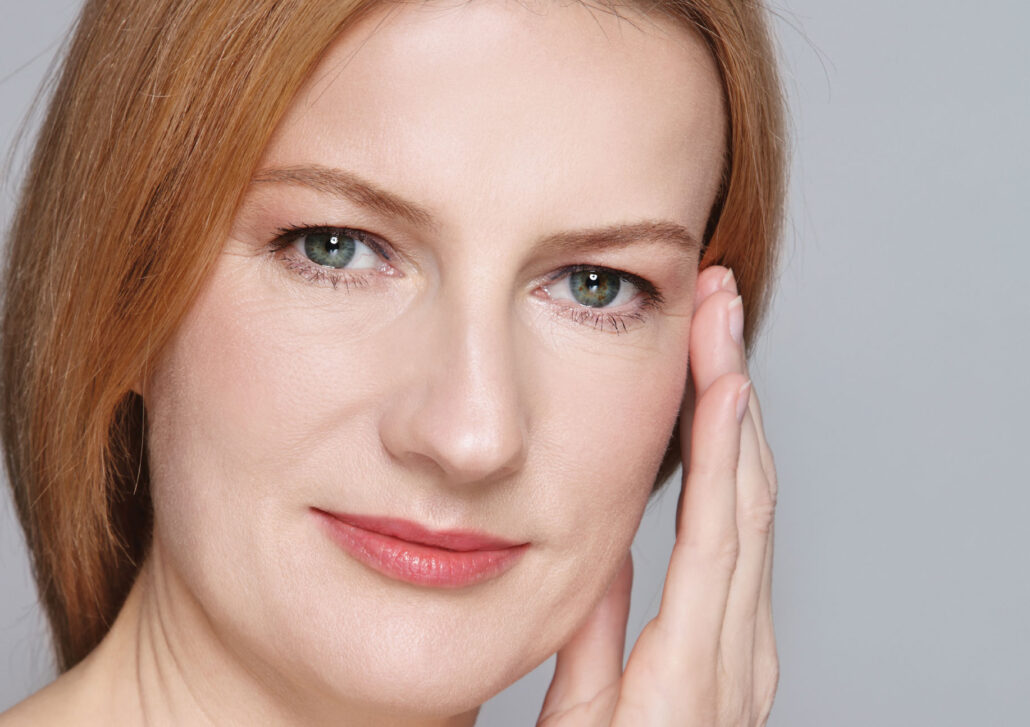
“GLYCATION” is a buzzword that is gaining more momentum in the consumer and retail sectors. Although most skin care professionals know the term, glycation is being discussed in consumer magazines, as well. It is always to your professional advantage to know what clients are reading in order to reduce the chance of being caught off guard.
The glycation process
It is already known that excess sugar can lead to a variety of health concerns, but what most forget is that too much sugar can also affect the skin. Sugar can be digested in many forms, including the consumption of carbohydrates and can even be formed via meal preparation. If there is too much sugar in the body, protein molecules can cross-link with sugar molecules.1 Once this cross-linking process has occurred, the new sugar proteins are called advanced glycation end products (AGEs). The human body does not recognize AGEs as normal, and will produce antibodies that cause inflammation in the skin. Once formed, AGEs tend to gravitate toward dermal collagen and elastin… Access Full PDF Article Here.
GLYCATION AND THE SKIN
by Kris Campbell, Founder & Managing Director, Hale & Hush
As seen in Skin, Inc. Magazine – November 2013



